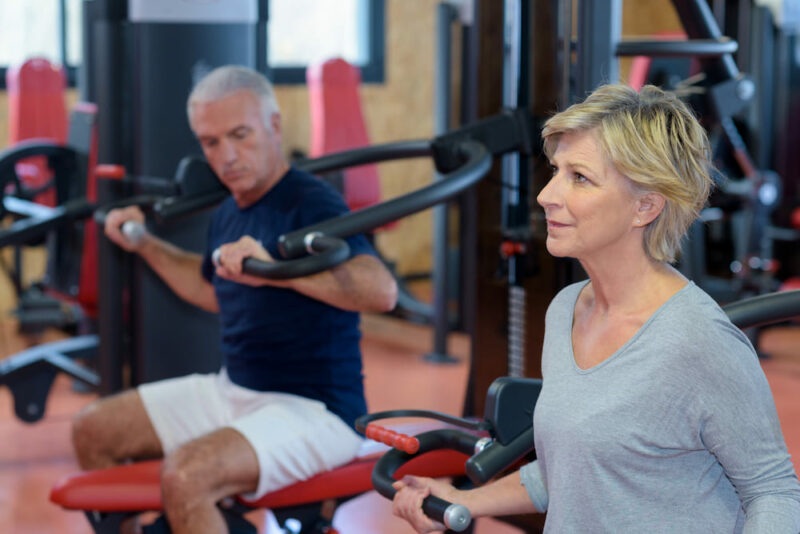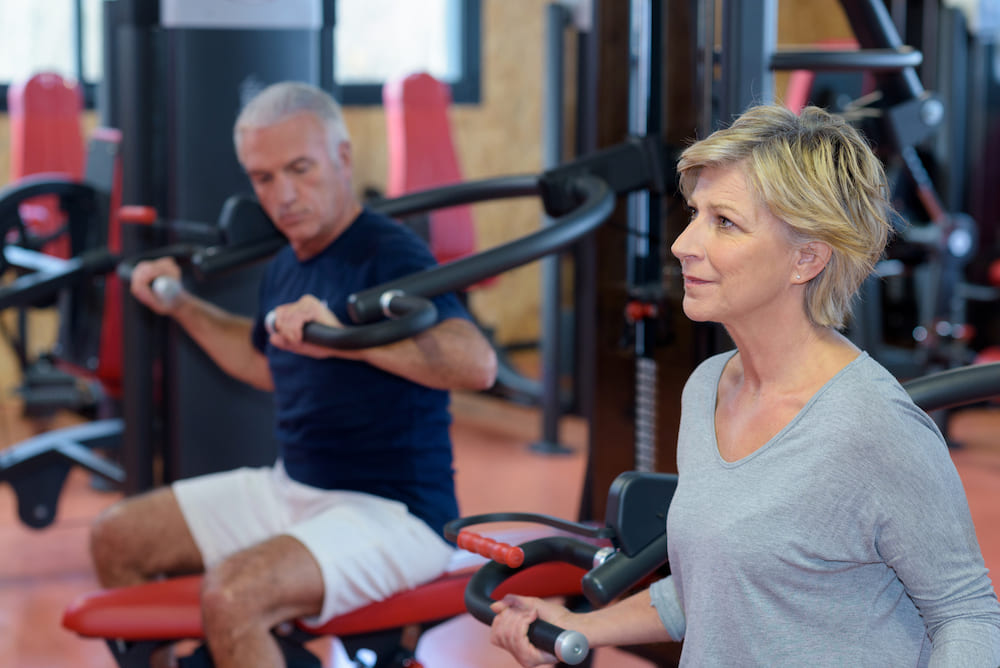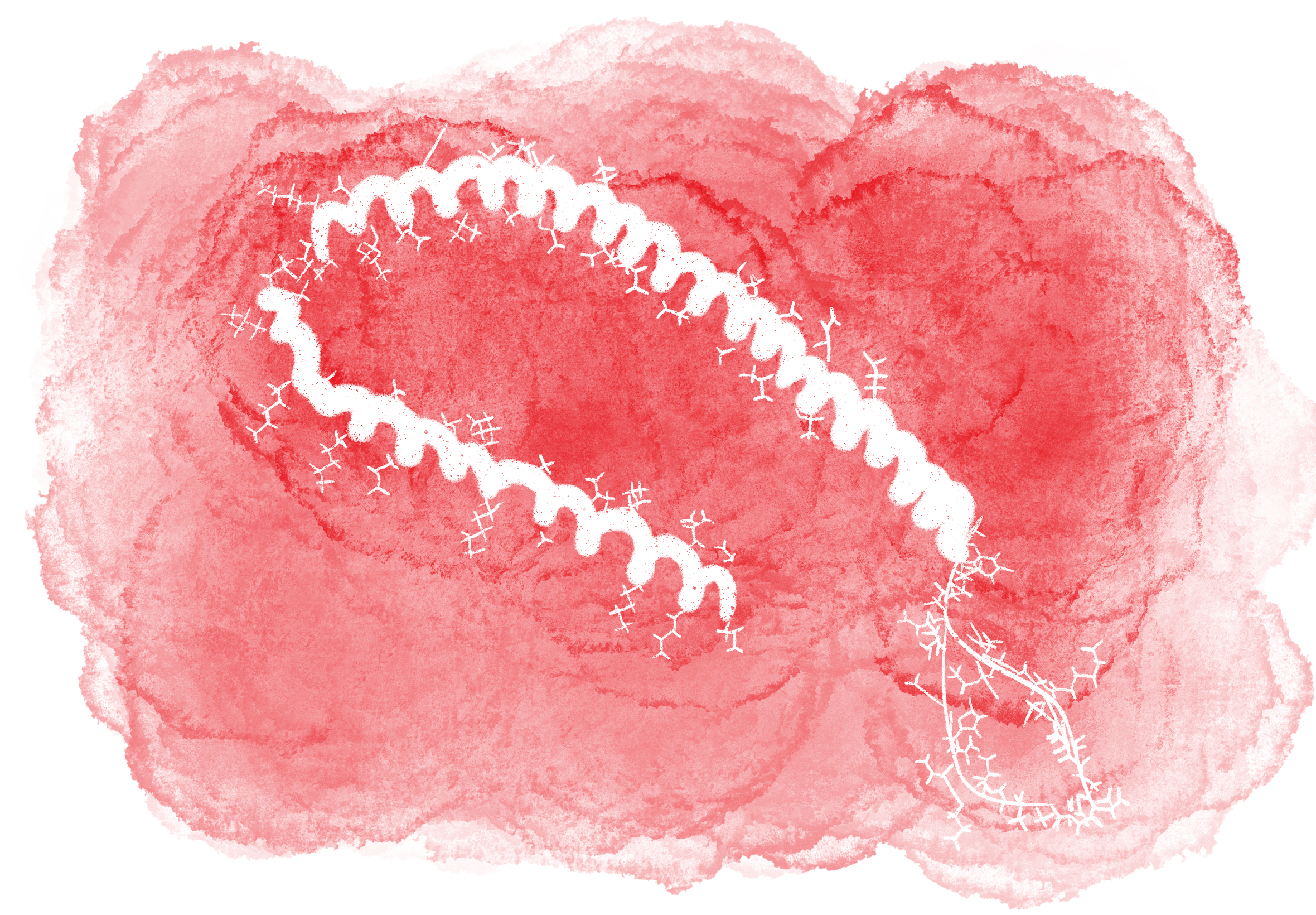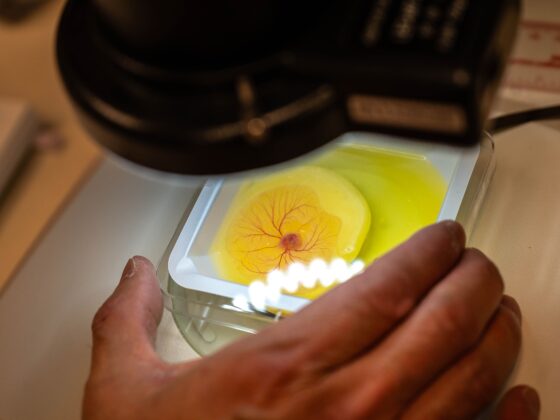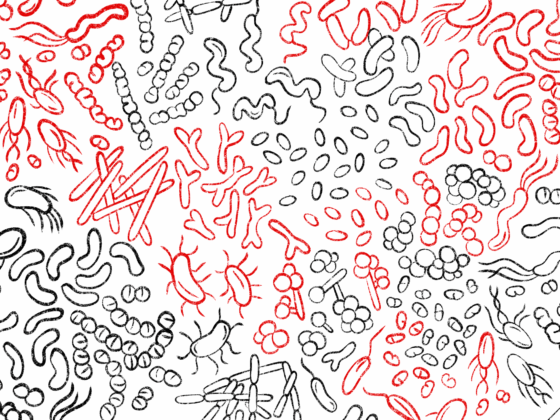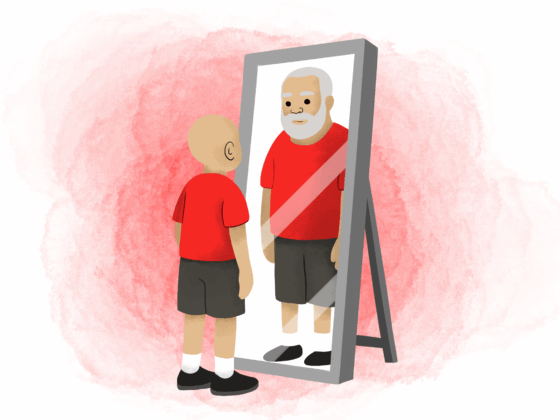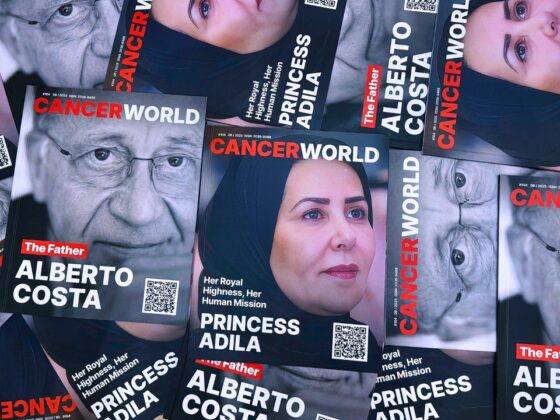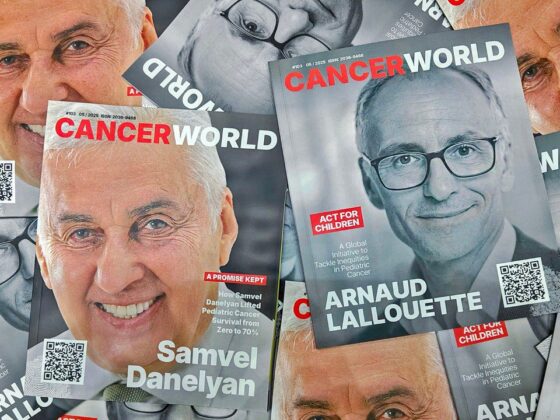Enrolling oesophageal cancer patients in prehabilitation exercise programmes can boost tumour regression during chemotherapy. The small study, published in British Journal of Sports Medicine (online 1 February, 2022), demonstrated improved pathological, radiological and immunological responses to chemotherapy for those in the exercise group.
“Numerous biochemical and CT-based parameters differed between the intervention and control groups, suggesting reduced inflammation, improved immune function and improved body composition in the intervention group,” write the authors. Chemotherapy response had not been the primary outcome of interest in the study, but when the results started coming through, the investigators found them difficult to ignore. The findings strengthen arguments for prehabilitation to become standard of care for everyone undergoing cancer treatment, not just those on surgical pathways.
In stage 2 and 3 oesophageal cancer, neoadjuvant chemotherapy offers the potential to downstage tumours prior to surgery. However, while the approach makes tumours easier to remove, it also has negative effects of increasing sarcopenia (accelerated loss of muscle mass). Together with visceral obesity, sarcopenia has been associated with both cancer progression and poor response to chemotherapy. Recent animal studies have reported a positive impact of exercise on tumour volume shrinkage.
In the current study, Andrew Davies, a gastro intestinal surgeon, from Guy’s and St Thomas Hospital, London, found evidence for histopathological benefits of exercise in patients with oesophageal cancer undergoing neoadjuvant chemotherapy. For the study, 40 patients were randomised to the intervention group (n=21) or control group (n=19). The exercise programme was based on a ‘moderate intensity’ programme, incorporating aerobic and strength training, with perceived exertion ratings of 4‒5 (where 0 represents no exertion and 10 maximum effort). Sessions took place five to six times per week at a gym, providing a total of 150 weekly minutes of activity, up to the last day before surgery. Investigators then reviewed tumour samples, CT scans and immune markers from patients.
Results showed:
- 75% of patients in the intervention group achieved Mandard TRG 1‒3 (delineating tumour regression) vs 36.8% in the control group (P=0.025),
- Combined tumour and node downstaging occurred in 42.8% of patients in the intervention arm vs 15.8% in the control arm (P=0.089),
- Patients in the intervention group had an improved median fat-to-muscle ratio of -7.15% after prehabilitation vs +12.4% for the control group,
- The intervention group showed significantly higher markers of immunity (CD-3 and CD-8), than the control group, and lower levels of markers of inflammation (IL-6, VEGF, INF-y, TNFa, MCP-1 and EGF).
“The results from this analysis, showing improvements in pathological regression in the primary tumour and clinical downstaging, are hypothesis generating and the first to be demonstrated in a clinical trial in oesophageal cancer,” write the authors.
The study, they add, furthermore suggests structured exercise interventions could be used to ameliorate treatment-related deconditioning and improve body composition of cancer patients. “This potentially increases the choices for treatment in a greater number of patients with cancer,” write the authors.
Considering the mechanism of action, the authors speculate that the higher content of blood and oxygen delivered to the peripheral tissues of exercising patients might also improve delivery of chemotherapy to tumours.
Given the small number of patients in the study and the fact that it was not randomised, they add, further work is urgently required to confirm or refute these findings.

